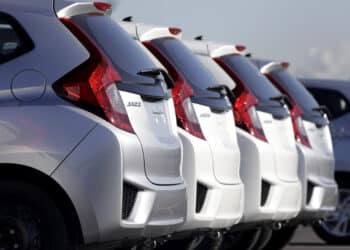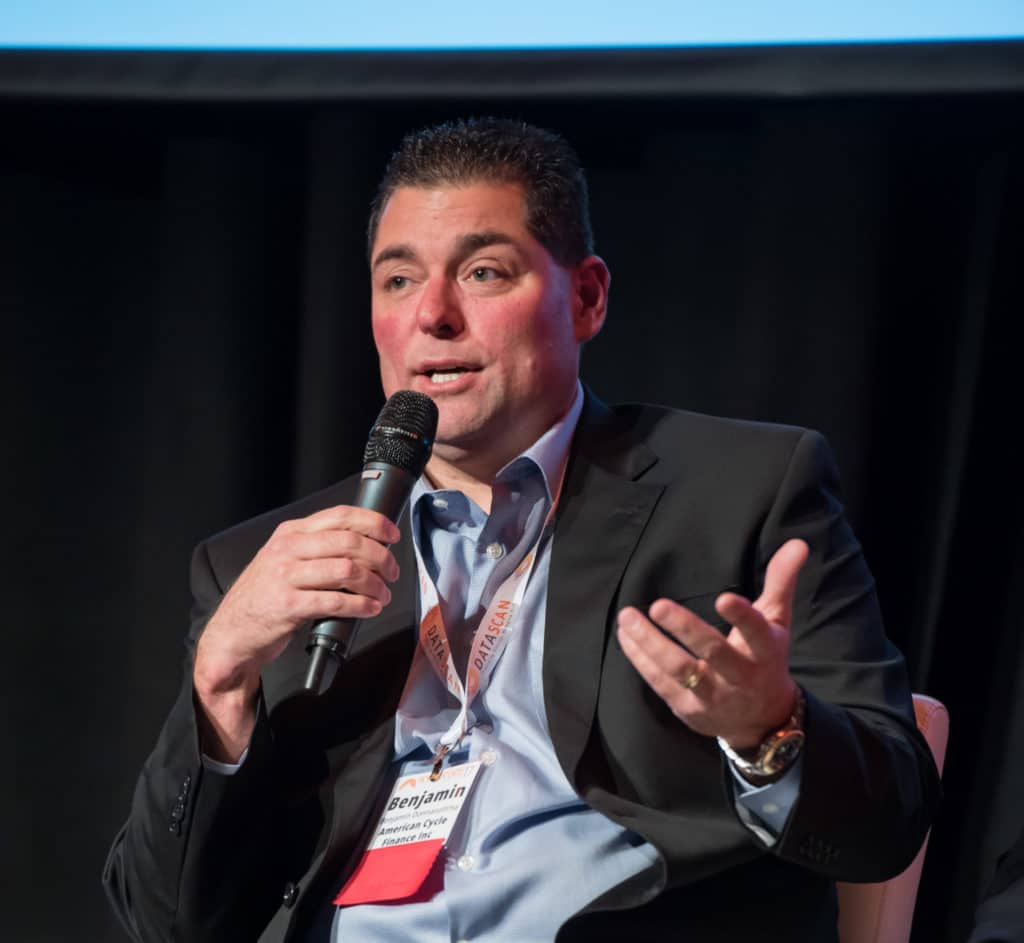Are You Ready for Young Blood in the C-Suite?

We’ve seen quite a few articles about millennials in the auto finance space. Rumors abounded that millennials didn’t want cars, didn’t want to move out of their parents’ house, and wanted life to be handed to them. While this younger generation did start on their career paths later in life, due in large part to the great recession, they are now beginning to enter the executive ranks.
The fact is baby boomer-aged CEOs and financial leaders are beginning to retire. And, many entities are largely unprepared for this changing of the guard. In fact, according to a 2014 Robert Half survey entitled, “Many Executives Unconcerned About Near-Term Baby Boomer Retirements,” only 31% of CFOs were worried about baby boomers retiring. Whether these CFO’s counted themselves as baby boomers is unknown. But we do know that millennials — those born between 1980 and 2000 — make up the bulk of America’s workforce. And they are making their move into leadership roles in very non-traditional ways.
Now that millennials are taking the spotlight in the employment ranks, another rumor is making its way through the windmill. A Financial Executives International spokesperson recently commented that experienced finance executives seem to think young finance professionals aren’t following the same path they did to become CFO. The traditional — you-need-to-pay-your-dues conservative thinking — has in some cases prevented an awareness of the approaching gap in available senior finance leaders.
This is very apparent in the retail automotive space. Many rising stars have taken a circuitous route, spending time in non-financial parts of the business or cutting their teeth in completely different industries. Unlike their baby boomer counterparts, millennials will likely change careers and employers two times more than previous generations.
This career hopping actually gives millennials are more well-rounded approach to the executive office. According to Financial Management and Systems consultant Maggie Martensen, “Millennials bring a more extroverted, people-centric approach to finance. They’re more highly skilled at their age than previous generations, are able to leverage technology faster, and can navigate change faster.”
The mindset of these new leaders will have some significant impact on retail automotive lending in the coming years. We are seeing more out-of-the-box solutions to address traditional auto finance challenges, like defaults and delinquencies. These leaders are open to evaluating new options to protect their loan portfolios outside of APR and loan terms. For example, these leaders have a very personal view of the great recession. As a result, consumer protection products have greater perceived value. Now, there is more acceptance and understanding of these products as a means toward revenue growth and increased loan volume.
With Millennials assuming leadership positions in the F&I and lending institution, they will be better suited to work more closely with their age-range counterparts across the desk. The task for current leaders at the lender and dealership is to work with them! Now — more than ever — we need to listen to these younger counterparts, and be willing to apply our knowledge to their suggestions to develop long-term solutions for both profitability and protection from risk in the auto finance space. Contact EFG Companies for more information.










